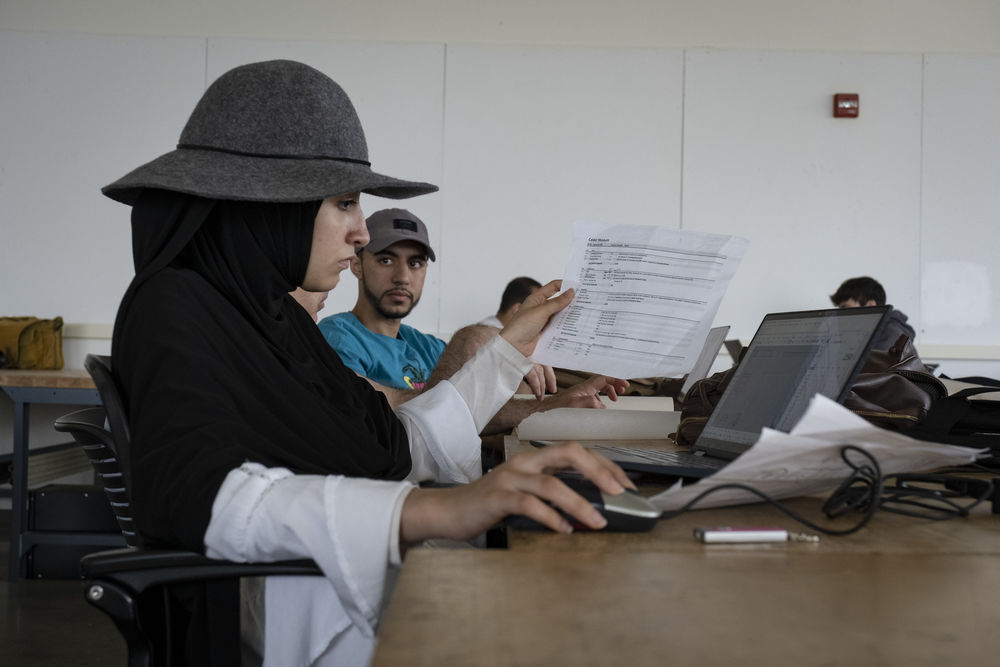Program Format & Curriculum
The Transportation Planning Graduate Certificate program can be completed on a part-time basis, and includes a required transportation planning course that presents an overview of the history of transportation in the United States and the fundamentals of present-day transportation planning and policies. It also covers the impact of transportation investments on land use and regional population growth, and on environmental, community and economic sustainability. Courses you will take include the following.
- Integrated Transportation and Land-Use Planning
- Non-Motorized Transportation Planning
- Regional Development
Learn more about courses in this program.
Internships & Opportunities
Every year, Tyler students benefit from exposure to scores of artists, scholars, architects, designers and professionals who are at the top of their fields. Students meet with these inspiring individuals through lectures, class visits, demonstrations and more, including three diverse lecture series and two major speaker programs—the Jack Wolgin Visiting Artist Program and the Knowles Architecture Alumni Lecture.
Tyler’s renowned Critical Dialogue Series, Architecture and Environmental Design Present series, and Laurie Wagman Visiting Artist in Glass series bring influential artists, curators, critics, filmmakers, designers, art historians and more to enrich the Tyler undergraduate experience and interact with students.
Students also connect with a plethora of design projects, programs, studios, workshops, design firms, art centers and collections for internships, residencies and other opportunities, regularly listed in Tyler’s biweekly newsletter, The WHAT.
Careers
Pursuing a degree in transportation planning will teach you how to be a dynamic thinker and problem-solver—two of the most valued skills that today’s employers seek in new hires. Art and design programs teach creative ways of seeing, thinking and making.
Students learn versatility and technical skills while becoming adept in traditional practice and new technologies. Students enter a competitive workforce at the head of the pack, ready to use their skill sets and creativity to tackle society’s toughest challenges.
Tyler career coaches specialize in the types of jobs available in the arts and built environment, mentoring students on everything from cover letters to interviews to career advice.
Temple’s Career Center is another resource that empowers students to find pathways to future success. The Career Center offers comprehensive career development services, from résumés and interviews to finding internships and jobs.

